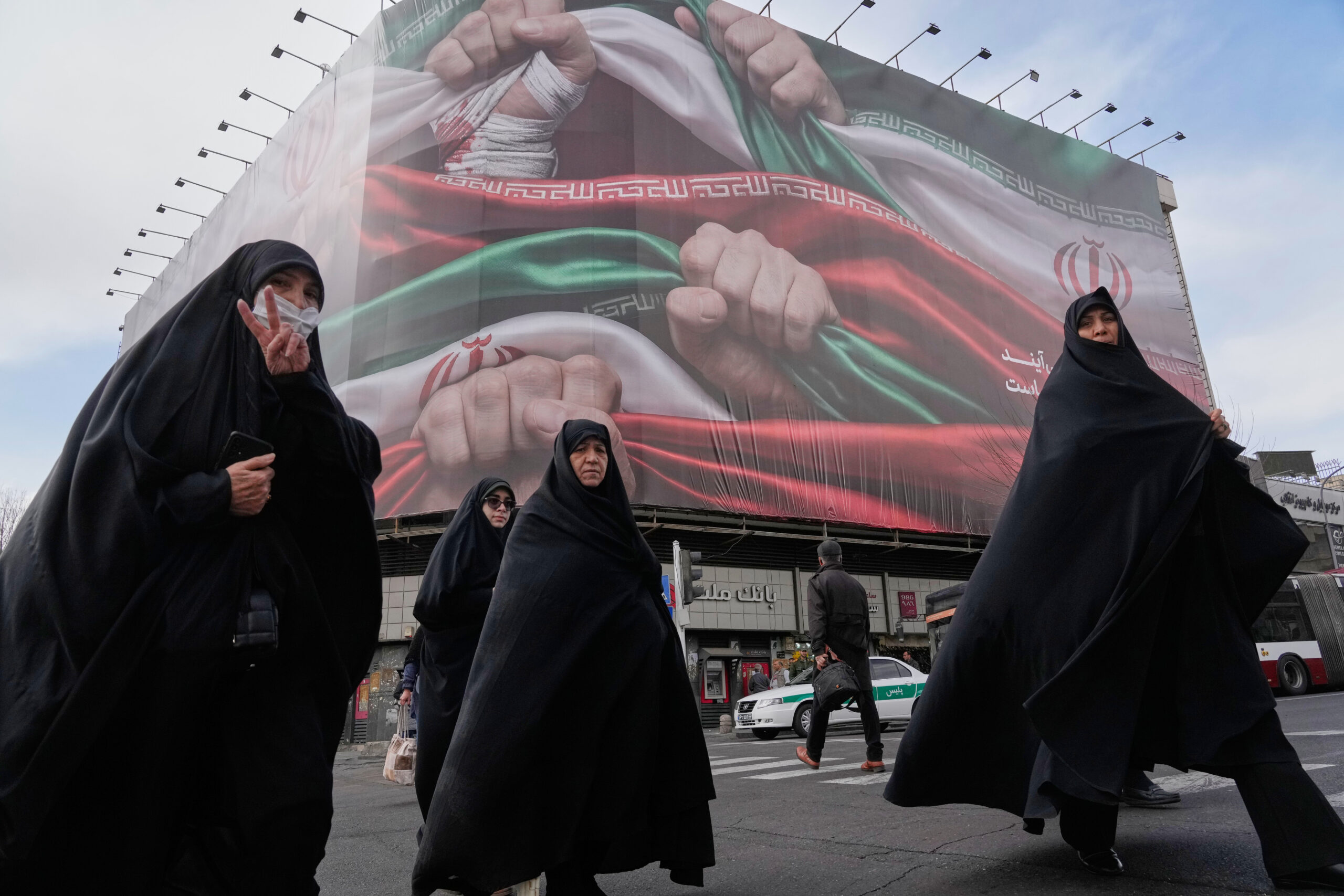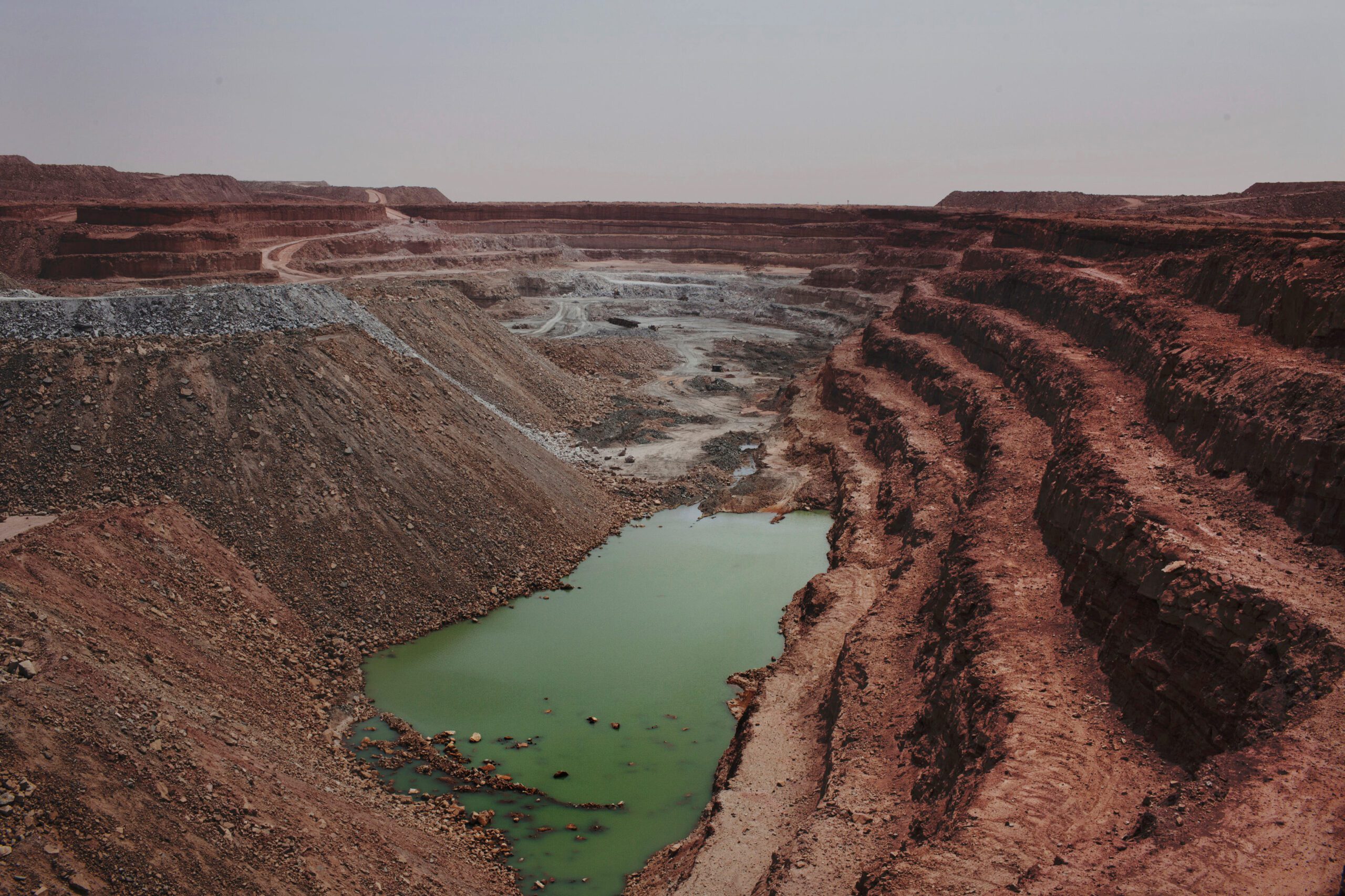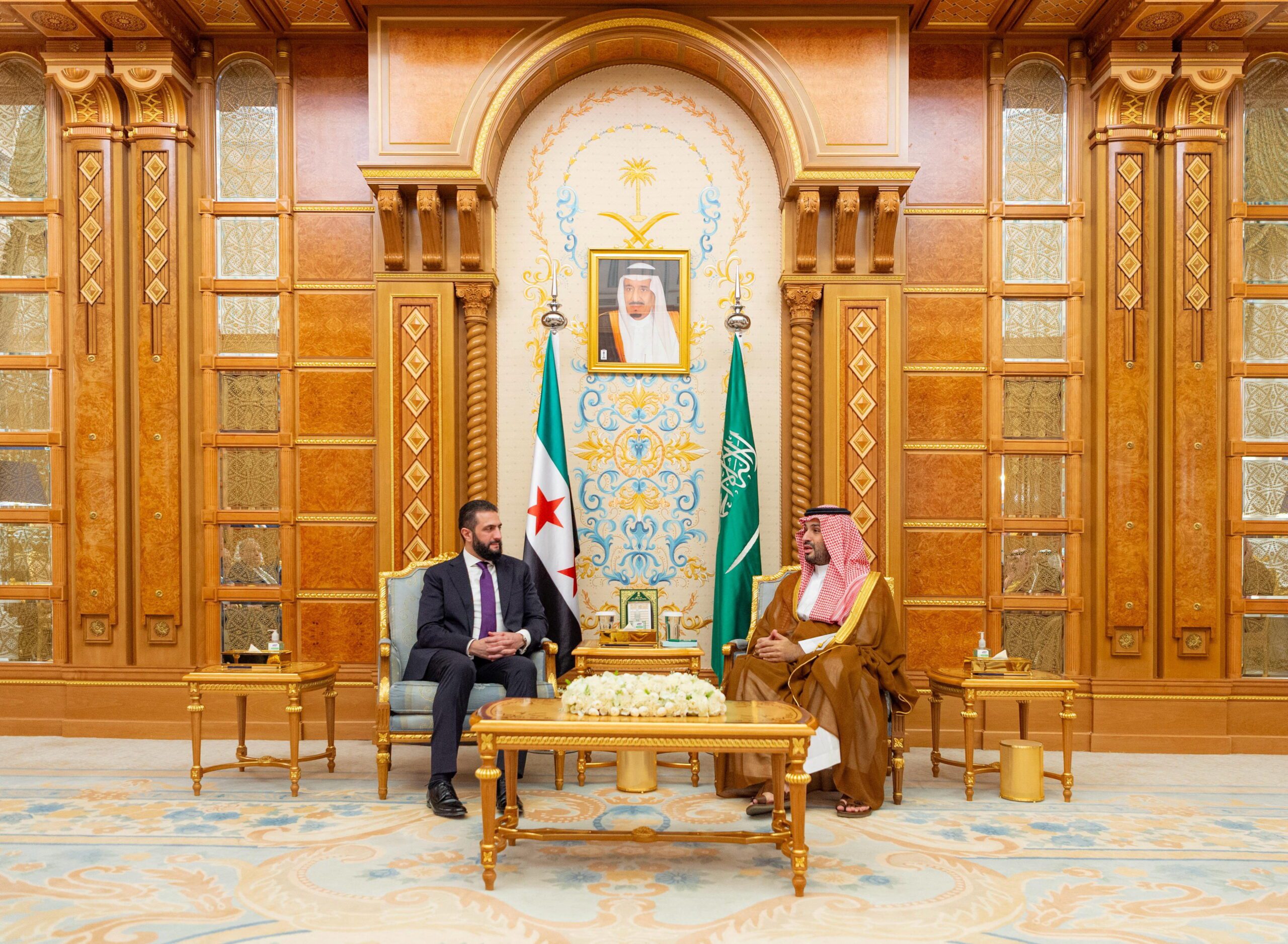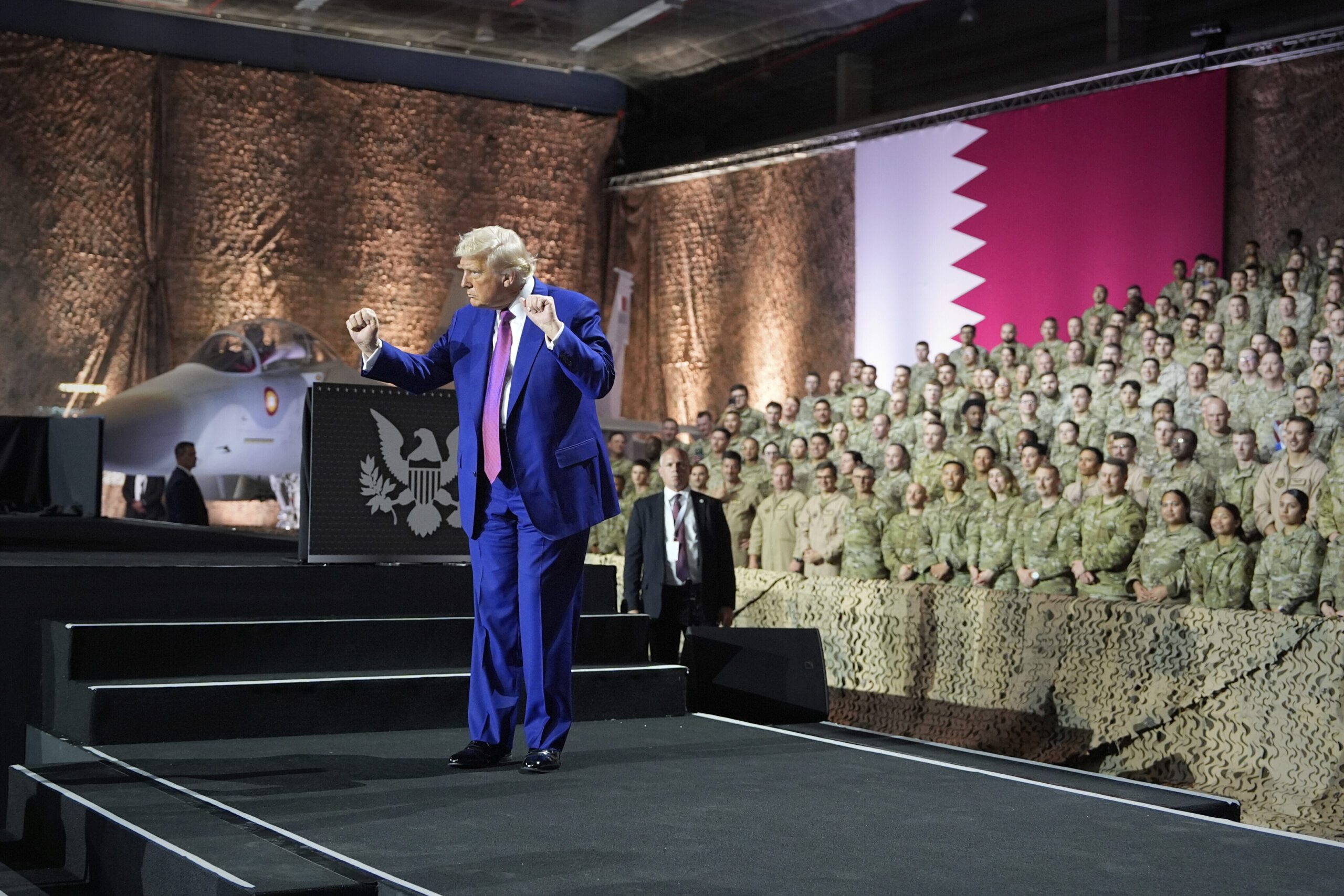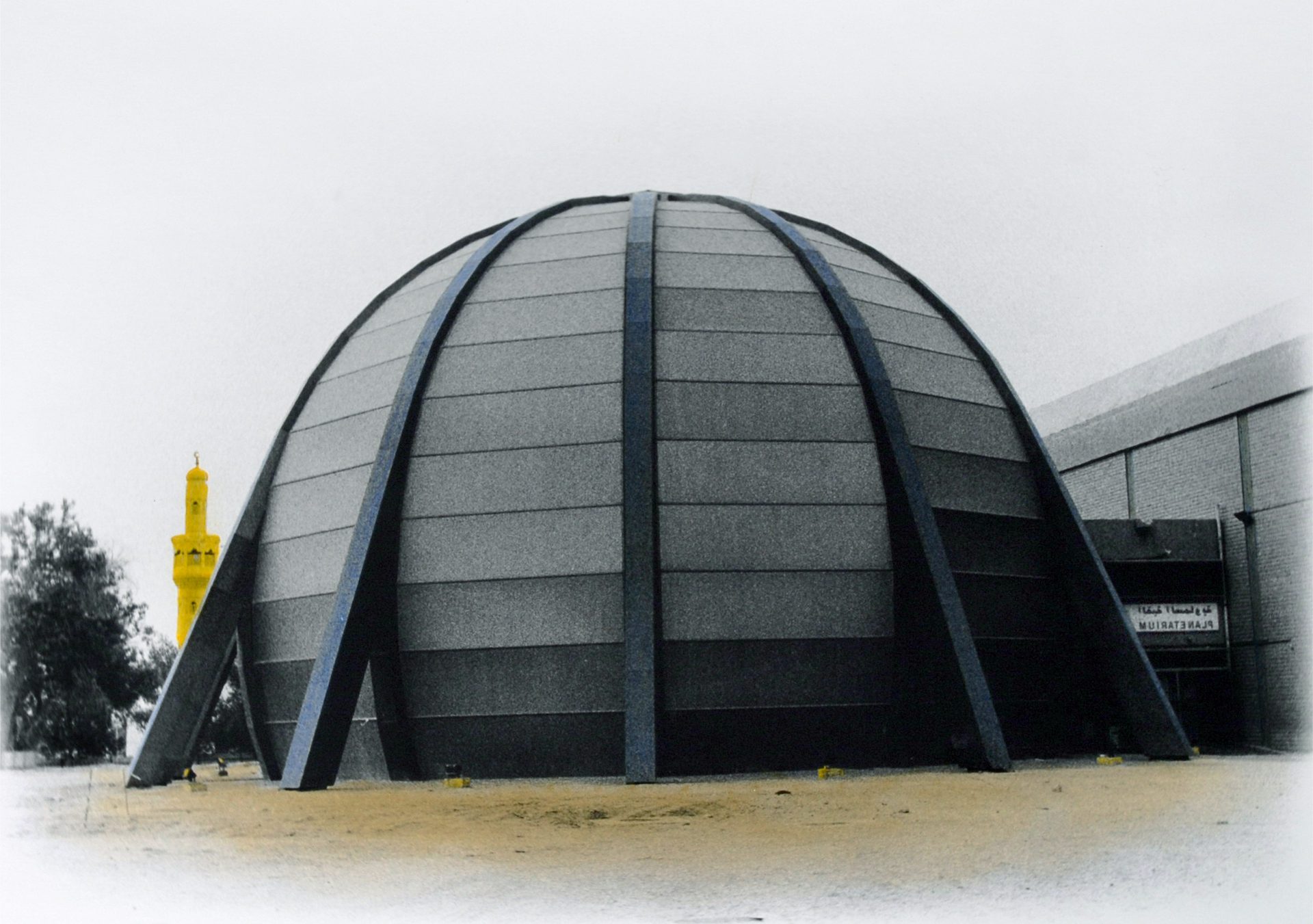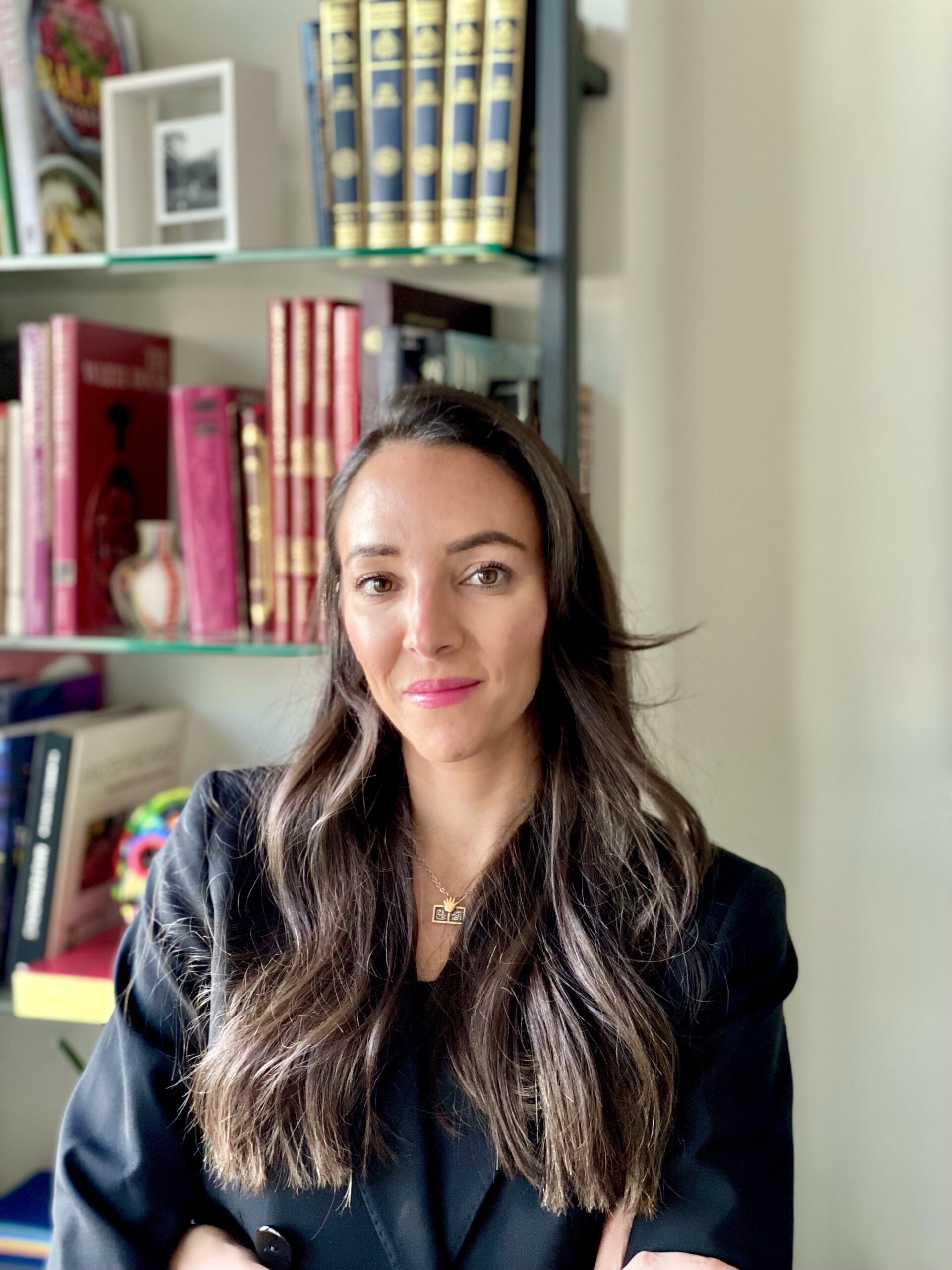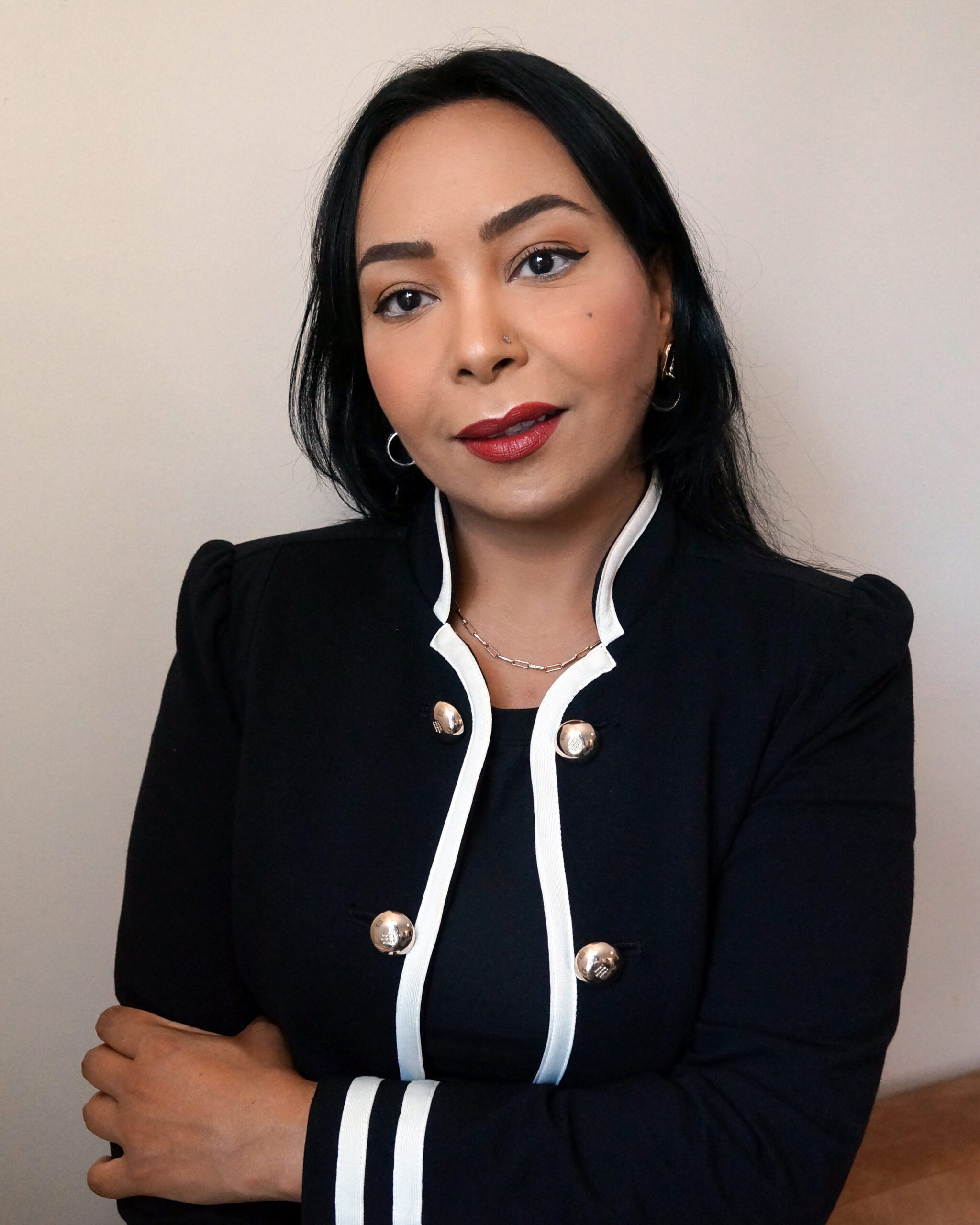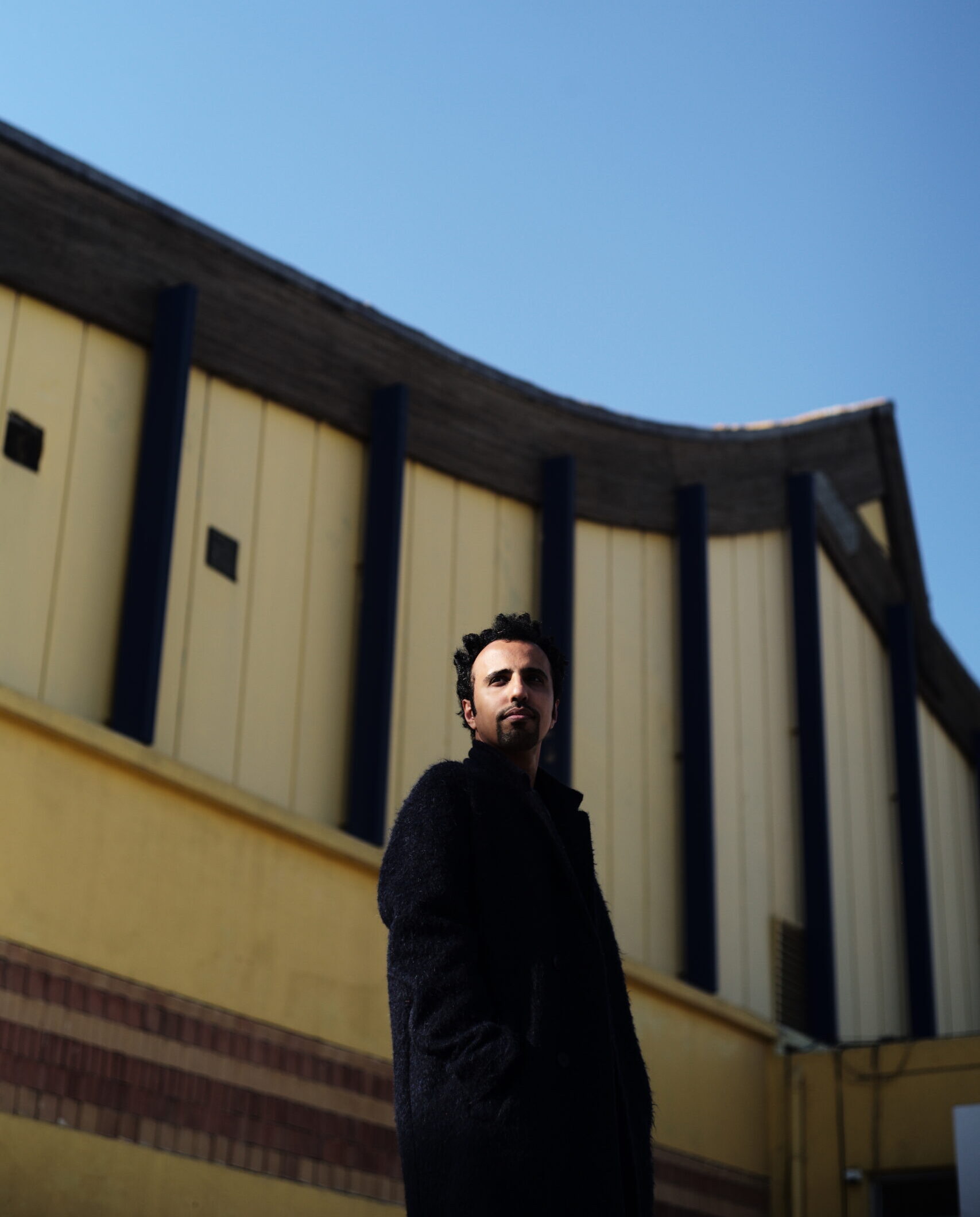Kuwait Shakes Up Its Government amid Charges of Corruption
Kuwait’s government resigns amid charges of embezzlement, as both the Parliament and ruling family prepare for impending elections – and a looming succession.
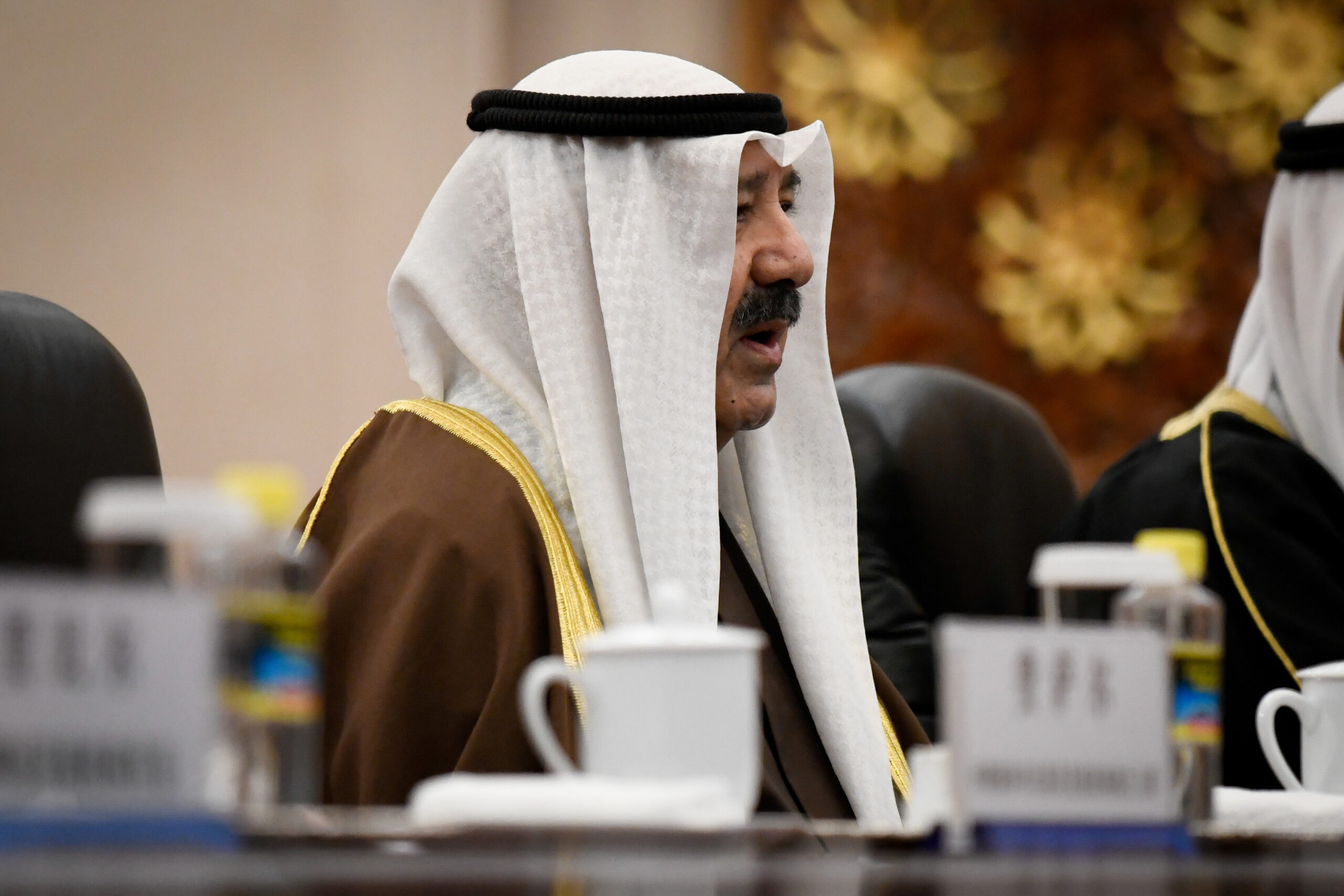
On November 14 the government of Prime Minister Jaber al-Mubarak al-Sabah submitted its resignation to Kuwait’s emir, provoked by pressure from the Parliament. Two government ministers had been questioned in the National Assembly: Minister of Public Works and Minister of State for Housing Affairs Jenan Bushehri resigned in anticipation of an expected vote of no confidence and Minister of Interior Khalid al-Jarrah al-Sabah appeared to be at risk of the same fate.
Such political challenges, unheard of elsewhere in the Gulf, are no rarity in Kuwait. Neither is the reshuffling of the Cabinet to avoid the spectacle of a minister from the ruling family being unseated through votes of Parliament. In the heady days of the 2011 protests, parliamentary pressure forced out the head of government, Prime Minister Nasser al-Mohammed al-Sabah, who stood accused of a corruption scandal involving the bribing of parliamentarians.
The recent resignation of Kuwait’s Cabinet has moved into similar political ground. On November 16, Kuwait’s defense minister and deputy prime minister, Nasser Sabah al-Ahmed al-Sabah, accused the prime minister, Jaber al-Mubarak, of failing to address repeated queries regarding financial irregularities in an army fund, committed while it was under the control of his predecessor as defense minister, the current interior minister, Khalid al-Jarrah. He demanded the ouster of the implicated interior minister as a precondition for joining a new government. The emir responded by removing both Khalid al-Jarrah and Nasser Sabah, his son, from the government, and turned over the premiership to the foreign minister, Sabah al-Khalid al-Sabah.
This high-stakes political drama comes as Kuwait is preparing for parliamentary elections, due in 2020. Prospectively, that Parliament could sit through a political succession over which it will have a say, giving these elections added political weight. In this context, it is clear that the political stage is being set, with new lines being rehearsed and alliances tested. All eyes are focused on the future balance of power, within the Parliament and, more importantly, the ruling family.
Rival Parliamentary Grillings
The fireworks began not long after the initiation of the new parliamentary session in September. Within a month, members of parliament had set aside the emir’s call for political unity and unleashed multiple requests to interrogate government ministers. These interpellations, or “grillings,” are both the constitutional means parliamentarians have for holding government to account and a proven method of demonstrating to constituents one’s populist bona fides.
The first interpellation was of an ally of Defense Minister Nasser Sabah, the minister of public works, Jenan Bushehri. She was taken to task for the ministry’s mismanagement, notably the lack of preparation for floods that have caused extensive damage in Kuwait. When it became clear that she would not survive a vote of no confidence, she chose to resign. But she did so with some fight, issuing a blistering speech blaming her downfall on powerful business interests that resented her attempts to reform the ministry: “Reform has become impossible … In the halls of Abdullah Alsalem [the main hall of Parliament] companies are stronger than reform, and political and personal interests are stronger than national interests.”
Political rhetoric against corruption has been mounting in Kuwait as demonstrations have intensified in neighboring Iraq and Lebanon. Only a week prior, a call for a protest with the Twitter hashtag “We’ve had enough” issued by a former member of parliament with revived political ambitions brought thousands of Kuwaitis to an authorized demonstration before the Parliament building.
Corruption was also the theme in the interpellation of Minister of Interior Khalid al-Jarrah, accused of mismanaging a ministry overrun with political favoritism. Foreseeing the resignation of the government were confidence to be withdrawn from this sovereign minister, his parliamentary supporters issued a spirited defense, with Member of Parliament Odeh al-Ruwaie issuing a novel line of argument, “Better a corrupt government, than no government at all.” In the interim, however, the prime minister issued the resignation of the whole government.
Nasser Sabah Makes His Move
These parliamentary proceedings had already taken on broader political significance. The decision to target the two ministers, one allied with the defense minister and the other with the head of government, resembled princely combat by parliamentary proxy. The defense minister, Nasser Sabah, who also heads the economic planning board overseeing Kuwait’s Vision 2035, is a leading candidate to become the next crown prince. It is noteworthy that within this parliamentary skirmish the speaker of the parliament, Marzouq al-Ghanem, tilted his hand toward Nasser Sabah by voting to keep Khalid al-Jarrah’s questioning public.
Yet, rather than proceeding according to the usual playbook, with the government negotiations taking place in private and a reshuffled Cabinet of ministers re-established, the government was struck by a blockbuster revelation from Nasser Sabah. Earlier this year the defense minister established a committee to look into the accounts of an army fund managed by his predecessor, the recent interior minister, Khalid al-Jarrah. On November 16, he turned over detailed evidence of malfeasance to the Audit Bureau and the public prosecutor. Meanwhile, leaked copies of the dossier involving detailed bank transfers began circulating among the Kuwaiti public via WhatsApp.
Faced with a corruption scandal implicating Khalid al-Jarrah and indirectly the prime minister, Jaber al-Mubarak, Kuwait’s emir removed from the Cabinet both the interior minister and his accuser, his own son Nasser Sabah. When Jaber al-Mubarak declined to return as head of government, the emir appointed the standing foreign minister, Sabah al-Khalid al-Sabah – an experienced member of the ruling family unlikely to antagonize or threaten any of the rivals most engaged in the current dispute.
The Temptation – and Risks – of Courting the Public
The new prime minister, Sabah al-Khalid, has now been tasked with forming his government. The results will be revealing of the political order within the ruling family as three sovereign ministries – Interior, Defense, and Foreign Affairs – now stand open.
If Nasser Sabah regains a leading position it will suggest that his maneuver had some political payoff. He would be returning with political rivals removed and a strengthened platform of reform to take to the Kuwaiti public. He has also likely improved his standing within a Parliament that has the constitutional power to approve – or reject – the next emir’s choice of crown prince.
If Nasser Sabah is left out of the Cabinet, however, it may indicate that the emir has calculated that his son’s public airing of financial malfeasance within the ruling family is courting too much risk. Already, some of the same opposition parties that contributed to the fall of the prime minister in 2011 are sharpening their political message. Both the Muslim Brotherhood-aligned Islamic Constitutional Movement and the leftist Democratic Platform have issued statements demanding a new government that fights corruption and avoids cronyism, while also calling for the pardon of politicians and activists convicted of storming the Parliament in 2011 in protest of political corruption. Both also advocate electoral reforms that they believe would strengthen the popular base of the Parliament.
For now, the emir has issued his personal reassurance that the government is taking corruption seriously, and that the law will be applied equally, regardless of position. Meanwhile, the public prosecutor has blocked any public discussion of the case and transferred the dossier cataloguing the mismanagement of the army fund to a specialized Ministerial Court – which has not issued a conviction in its history.
Increasingly over the past two decades, the Kuwaiti ruling family has been taking its disputes into the open, with contending members mounting public campaigns to damage rivals and enhance their own standing. With the fractious political system at home and regional competitors seeking advantage, it remains to be seen whether these gestures toward transparency will strengthen the political order, or merely erode the deference paid to the ruling family. The political stakes for the ruling Al Sabah family and Kuwait are high.
The views represented herein are the author's or speaker's own and do not necessarily reflect the views of AGSI, its staff, or its board of directors.


